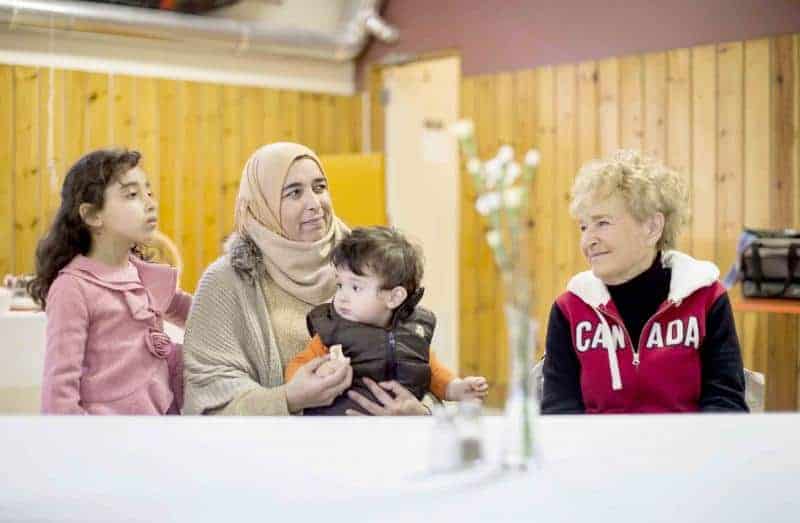A new survey finds Canadians are still positive about immigration, but want to see family reunification as a priority over economic-class and refugee-class immigration.
Canadians normally agree that immigration is positive for long -period economic recovery however want to see family members provide the priority for immigration.
Covid has decreased the immigration numbers particularly in family-class sponsorship and displaced person resettlement. Family sponsorship was decreased 78 percent in the second quarter of 2020 contrasted with the same period previous year. Refugee levels were the most affected, down 85 percent, and economic-class immigration was down 52 percent.
Around 36 percent of the respondents in a new review by the Association of Canadian Studies said that the family members of people already in Canada ought to be provided priority in 2020.In 2016, that figure was just 30 percent.
Help for prioritizing economic-class immigration remained the equivalent at 27 percent among 2016 and 2020.Refugee class saw a huge drop in help from 29 percent in 2016 to 16 percent in 2020.
Contrasted to other territories, Alberta was the most helpful of family reunification with 44 percent saying it ought to be the first priority. Not a long ways behind was Atlantic Canada (42 percent), and Ontario (36 percent). Manitoba and Saskatchewan were combined together for the outcomes detailing the least amount of help contrasted to other territories at 28 percent, however this was still the most share contrasted to other immigration classes.
These outcomes were gathered from 1,531 Canadians over the age of 18 among July 31 and August 2. Utilizing the 2016 Census information, they were also weighted by consistent to gender, age, mother tongue, region, education level and presence of kids in the home to assist ensure an agent sample of the populace.
Expert are saying the Canadian government isn’t doing what’s necessary for family reunification during the pandemic, as several family members are isolated because of processing delays. An appeal, lead by Member of Parliament Jenny Kwan, got more than 6,000 marks demanding for the production of a Special Provisional Resident Visa to permit to spouses and their kids to rejoin with their Canadian accomplices. Despite the fact that the request got more than adequate help to be present, it won’t go before Parliament until after the House restart on September 23rd.
When the 2020-2022 immigration levels plan was declared in March, before the Covid episode, family class immigration was locked in at goals of 91,000 new migrants each year. Economic-class and refugee-class levels were each organized to grow year after year.
Canadian attitudes still positive toward immigration
Most Canadians feel good toward immigration, a notion that spans over all age teams but is most prevalent among more youthful generations.
Most Canadians state that immigration will assist Canada’s long-period economic recuperation. Around 61 per said immigration will assist, 22 percent said it would hurt economic recuperation, and 18 percent said they didn’t know. Responder from Atlantic Canada were mostly to say that migrants would assist the economy (67 percent). The Prairie Provinces were the least likely to answer that migrants would assist the economy in the long period, yet the portion of individuals who reacted well (52 percent) was greater than those who said the reverse (26 percent) and those who did not know (22 percent).
Canada’s government is also considering to immigration for post-Covid economic recuperation. Recently, Canadian ministers of immigration met to debate the future of immigration after Covid, talking about the significance of international students and pulling immigrants to rural Canadian people groups.



